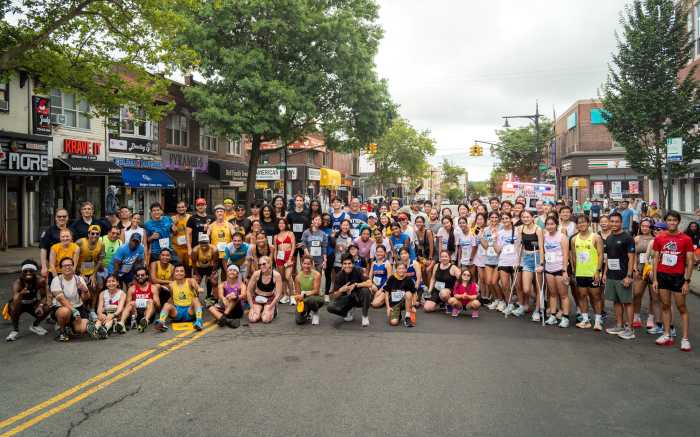Hudson River Park is not just desperately needed green space that draw tens of thousands of people a day in warm weather, it is also an unqualified economic development success. The steady progress building the park should not be threatened by tying revenue to a possible land sale near the Javits center.
Gov. Eliot Spitzer wants to use $20 million from the Javits sale to continue building the Tribeca and Chelsea sections of the park. The city has already committed to match the state’s allocation, so $40 million in park funding is on hold.
The sale of the site will take time to complete and will likely slow park construction if it is the funding source.
The Hudson River Park Trust is clearly worried about the funding linkage and sees more delays. The Trust’s spokesperson told us the opening of the Tribeca and Chelsea sections could be pushed back an entire year, until 2011 and 2010, respectively, without the state funding. If for the sake of argument we make the baseless assumption there will be no additional delays, the new timeline would mean Tribeca’s beloved Pier 25 would open six years after it closed ostensibly for three years.
Spitzer needs to allocate the state’s contribution to Hudson River Park without delay. We understand that the state must make tough choices in this austere fiscal climate, but the park is a smart investment from a purely economic development, dollar and cents sense. It has raised property values and tax rolls all along the waterfront and that trend will continue as more of it is built. It keeps more people and corporations in the city.
The delays cost money as construction costs continue to rise. A few years ago, Bloomberg aides held up approving money for the Tribeca section while it argued with their counterparts who worked for Spitzer’s predecessor, George Pataki. The fight was over how best to spend about $1 billion in 9/11 money controlled by the Lower Manhattan Development Corp. Had the city agreed sooner to the $70 million of park money out of these federal funds, the Tribeca section may not have needed any state or city money to be built. It certainly would have needed less.
The governor should work with Assembly Speaker Sheldon Silver to get the needed $20 million quickly to keep the park’s construction progress in Tribeca and Chelsea going and avoid a return to Hudson Park delays.
This is a relatively low-cost issue where a quick decision will have a big payoff.
The Trust’s outreach to community leaders on this issue is a good sign that will be helpful in its lobbying effort. It is also another reminder why the Trust should always make the community’s needs paramount when it contemplates decisions like the future of Pier 40, because elected representatives are not going to fight for agencies that ignore community concerns.
Working together, they can deliver a strong, unified message: Find the $20 million now, governor.
























